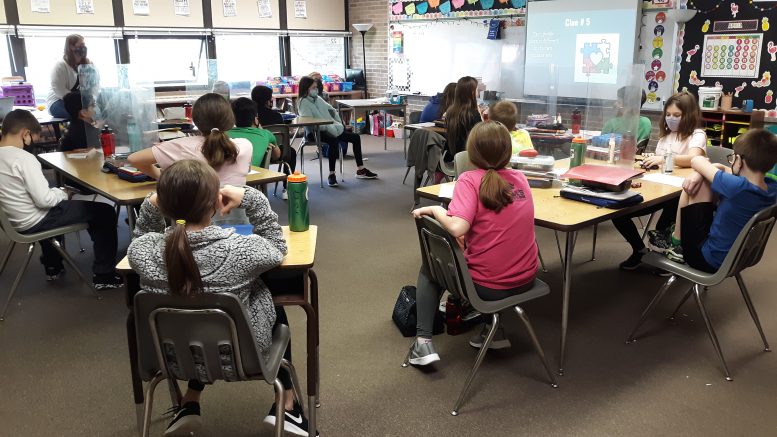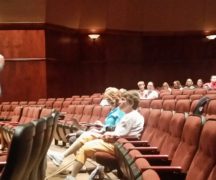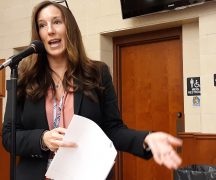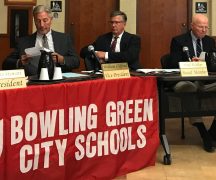By JAN LARSON McLAUGHLIN
BG Independent News
When voters see the Bowling Green City Schools’ income tax on the ballot it may seem like deja vu. Afterall, voters have supported the same 0.5% income tax for 29 years.
But this year it is different – with voters being asked to turn the 5-year income tax into a continuing levy.
The change will allow the district to collect the same amount of income tax rather than asking the same voters to approve the same money every five years – and facing the risk that they will say “no.”
And that change will allow the school district to actually use the $3.8 million generated by the income tax, rather than keeping a large chunk in reserves – just in case voters don’t support it the next time it’s on the ballot.
In May of 2020, school district voters approved the effort to do the same with two property tax levies that also kept reappearing on ballots. Voters resoundingly supported the ballot issues converting the two five-year operating levies into continuing levies.
The income tax on this November’s ballot is the last five-year issue for the district. As it is now, the district has to keep asking for the same money, and has to pile up reserves on the chance that voters reject a renewal, said David Conley, financial consultant for the school district.
“It ties the hands of the school district,” Conley said. “They have to always fear that you’ll say ‘no.’”
During a recent board of education meeting, Conley presented an overview of the income tax issue on the ballot. This will be the eighth time for district residents to vote on the 0.5% income tax since it was first passed in 1992. Passing it as a continuing tax will not increase the amount of money paid by residents. It will just keep the district from having to ask for the same $3.8 million every five years.
It used to be that “taxpayers felt they were keeping you honest,” by making districts come back to get the same amount of money, Conley said. But the current trend in education is voters realizing the benefits and voting to turn temporary levies into continuing levies, he said.
The benefits, Conley said, include reducing “voter fatigue,” cutting election costs, and freeing up the school district’s financial reserves.
The district currently has $22 million in reserves that can’t be spent, he said.
“You end up with cash in the bank that you can’t use to educate kids,” Conley said.
If the income tax issue passes on Nov. 2, a portion of that $22 million will be freed up to expand educational services for students, invest in new or existing buildings, or reduce outstanding debt balances.
“It opens the door to a lot of conversations,” Conley said.
If the issue fails, the district will have two more chances to try again – in May and November of 2022 – before the issue expires. Income taxes can only be placed on May and November ballots.
If it doesn’t pass then, the district will lose $3.8 million annually.
Board of Education President Norm Geer has said voters need to realize that the levy is for no new taxes – just a continuation of the current 5-year 0.5% income tax.
“The main advantage is we don’t have to keep money in a fund as a contingency,” if the district changes the levy from a five-year issue to a continuing levy.
Geer also pointed out the 0.5% income tax is lower than most districts, and that the district will benefit from keeping income tax support to reduce the dependence on property taxes.
“It does serve the function of adding income tax to the tax base of the district,” Geer said after a recent school board meeting. “It balances out our taxing portfolio.”
Some voters have expressed reluctance to change a five-year tax to continuing, since they would like to have more control over district taxing. However, Geer said the income tax will continue to be essential for the district.
“We count on it every year,” he said.





